Manhattan, NY-In the luxury burough of New York City, in the historic United Nations headquarters, the 68th session of the Commission on the Status of Women (CSW) convened, igniting a fervent dialogue on women’s rights issues, and plans for progress across the globe. From March 11th to the 22nd, 2024, this historic event brought together delegates, activists, and leaders from every corner of the world, all united by a common goal: to champion gender equality and elevate the status of women worldwide.
Under the theme “Equity and Global Equality: Women’s Rights in Focus,” CSW 68 tackled pressing issues facing women today, from economic empowerment to reproductive rights, and beyond. I had the privilege of attending this monumental conference for the third year in a row, and sat down with key figures to capture the essence of this transformative gathering.
Our week’s events kicked off for us with an opening session with an in-depth Town Hall Meeting with the UN Secretary-General & Civil Society. This session presented our week’s agenda and the status of women globally. Our Town Hall Meeting served as a forum for women of all backgrounds to provide insight and information to the global crisis, and gender-driven disparities. This session was moderated by UN Women Executive Director , Sima Sami Bahous from the United Nations Headquarters in Midtown, Manhattan, New York. We as women collectively shared a space with hopes of creating a better world for the women and girls to come. We each came from a diverse background and profession, but we all came with a common goal to propel the status of women in social, economic, and humanitarian efforts. We heard from young women representing local level non-profits, and women who advise our world leaders. There were no barriers that separated us from each other’s individual struggles, but rather our shared experiences that made it possible for each of us to push for change on behalf of one another.
Our team got an exclusive with UNA USA Senior Director of Programs & Policies, Farrah Salim Eck at the UNA-USA mixer at their Manhattan clubhouse. In this intimate networking event UNA members and other humanitarian professionals decompressed from the day’s events and discussed our shared goals on a more candid level. When speaking on the global impact of women on the rise Farah Salim Eck says
“Unfortunately right now, we are in the midst of a gender apartheid, and it is really crossing borders, so it doesn’t matter if it is within states, which we’ve seen in the rollback of Roe V. Wade, and other reproductive and sexual health rights. Being a woman of color and a woman of south east asian descent, I have an obligation in addressing significant drawbacks that we’re seeing in girls education. With these drawbacks, girls in rural areas and in these villages are not able to attend school, Afghani women, Pakistani women, and women in these situations globally are unable to even go read in a library.”
We are seeing a rise in educational disparities when it comes to girls of color and their access to sustainable resources, despite constant reports of women paving the way in multiple industries. These statistics prove that despite the move of the marker, there is still so much work to be done, We hear so much from our leaders and now that we have entered an era in with the youth will be heard by any means necessary, we have been confronted the the struggles of women both seen and unseen
“…when these young girls grow into young women they have no access to empower or uplift themselves and are then at the mercy of those who make decisions for them in these spaces of leadership.”
Farrah went on to discuss the importance of advocating for our local communities and communities we are connected to. As global citizens we are each obligated to speak and act on behalf of those who quite literally cannot defend themselves in any way. In order to achieve true gender equality, we must address the intersecting factors that perpetuate discrimination and marginalization. Spaces such as these and those connected to CSW 68 provide a platform for us to amplify the voices of women everywhere and catalyze meaningful change.
Another UNA-USA member Denia Smith, spoke on her work with Girl Up and The United Nations Foundation as well as the work spearheaded by young women of color. In areas of academics, economics, and social reform.
“When we talk about poverty, or economic injustice, specifically in the black community, it is most often pivoted as an ‘us’ problem. ‘Pulling ourselves up by our bootstraps’ When in reality we should be discussing systemic factors that have put us here in the first place. Let’s talk about redlining and gentrification. Let’s speak on systemic disempowerment of a community that has been subjugated under suppression, and lets build from there. What helps me is really Learning The History, learning more about how the systemic factors of white supremacy and patriarchy intersect and how that adds to the issues that we face.
Denia is a student at American University in Washington, DC. Her focus in political science and African American Studies are the tip of the iceberg to the work this young woman has conquered. Her leadership is one that can be observed from Capitol Hill, all the way to the headquarters of the UN. However her focus on advocacy and acknowledgment are bringing her efforts to international platforms. She goes on to discuss her views and focus in securing a better future for us all.
“Community building is critical. How do I look to others around me? other black women, and women of color, and how do i say that this is a problem that we’re facing, and how can we collectively mobilize ourselves and those around us so we can advocate for justice and advocate for change. Because, one thing that these systems of oppression aim to do is disband and disunite when we are coming together because THAT is where we see active change.”
Throughout CSW 68, delegates from various nations shared their experiences and perspectives, shedding light on the unique challenges facing women in their respective countries. From grassroots activists to government officials, their stories painted a vivid picture of both progress and obstacles on the journey towards gender equality. Not only representing their respective countries, but also bearing the struggles faced by the women in these communities.
These sentiments were echoed by delegates from every corner of the globe, underscoring the universality of the fight for women’s rights and the power of solidarity in driving meaningful change.
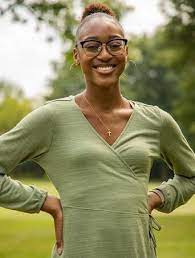
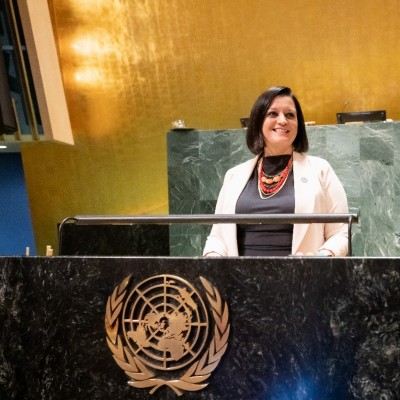
CSW 68 also featured an impressive lineup of panelists and guest speakers, each bringing a wealth of knowledge and expertise to the table. Renowned scholars to grassroots activists, these individuals offered insights and solutions to some of the most pressing challenges facing women today.
“The key to achieving gender equality lies in education and economic empowerment,”
,asserted Ayesha Khan, a leading commentator on women’s health and development.
“By investing in girls’ education and creating opportunities for women to thrive in the workforce, we can unlock their full potential and create a more equitable world for all.”
It is in these ideas that eventually spark lively discussions and ignite a renewed sense of purpose among participants.
As festivities concluded the halls of the United Nations mumbled sounds of energy and optimism. From informative workshops to powerful keynote addresses, the conference had provided a week full of inspiration and empowerment, propelling the course of women’s history forward.
As I reflect on my time at CSW 68, I am reminded of the immense power of collective action and the importance of never relenting in the fight for gender equality. Events like CSW 68 serve as a catalyst of hope, reminding us that when women come together, there is no limit to what we can achieve.
“Let us seize this moment to rise above the challenges and build a future where every woman and girl can thrive.”

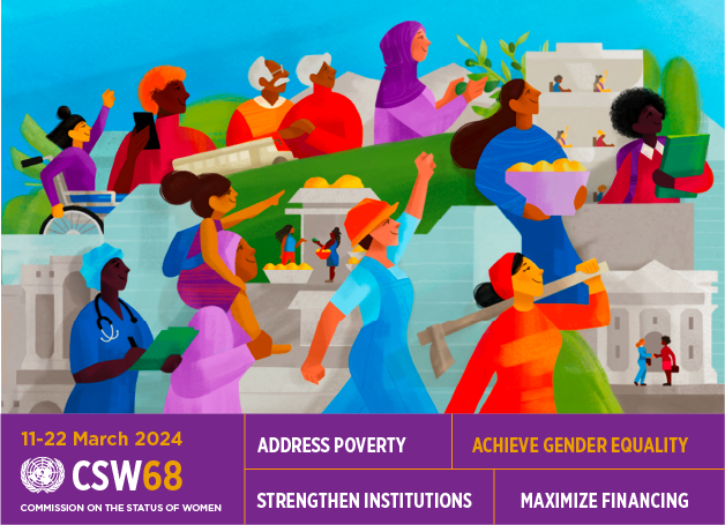


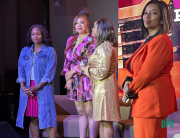



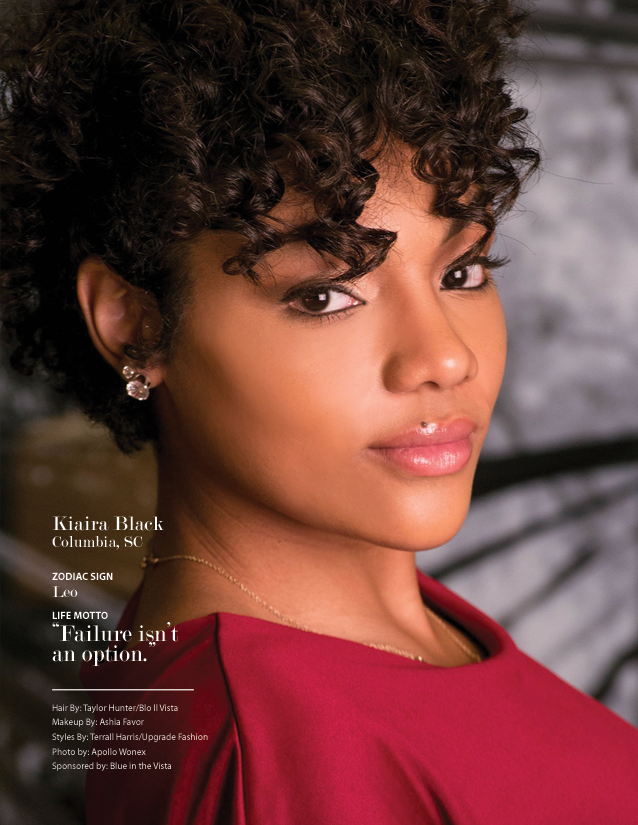
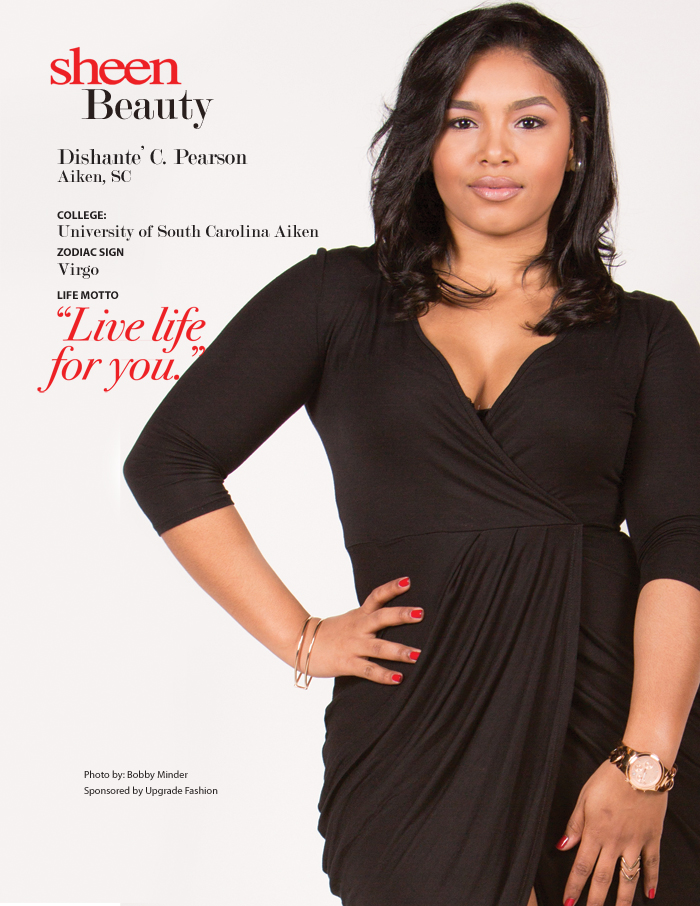


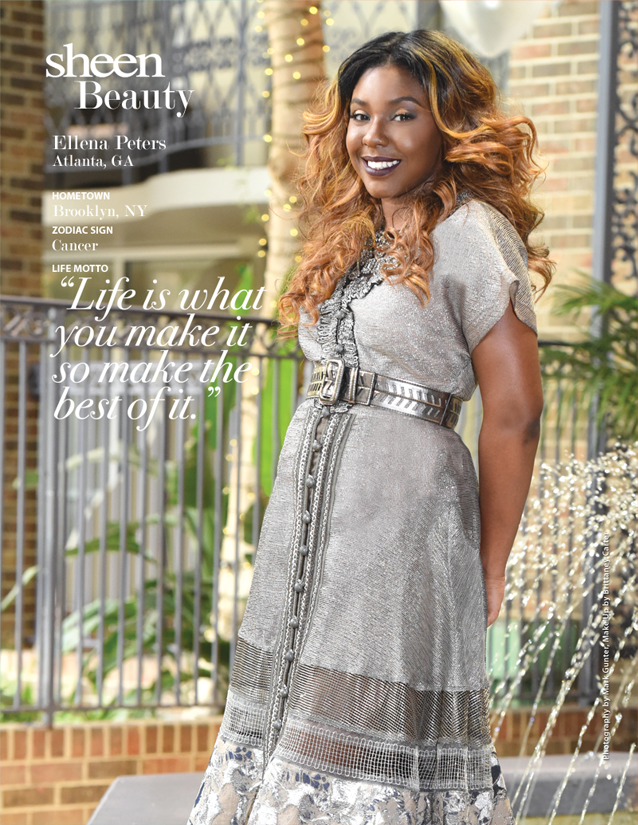

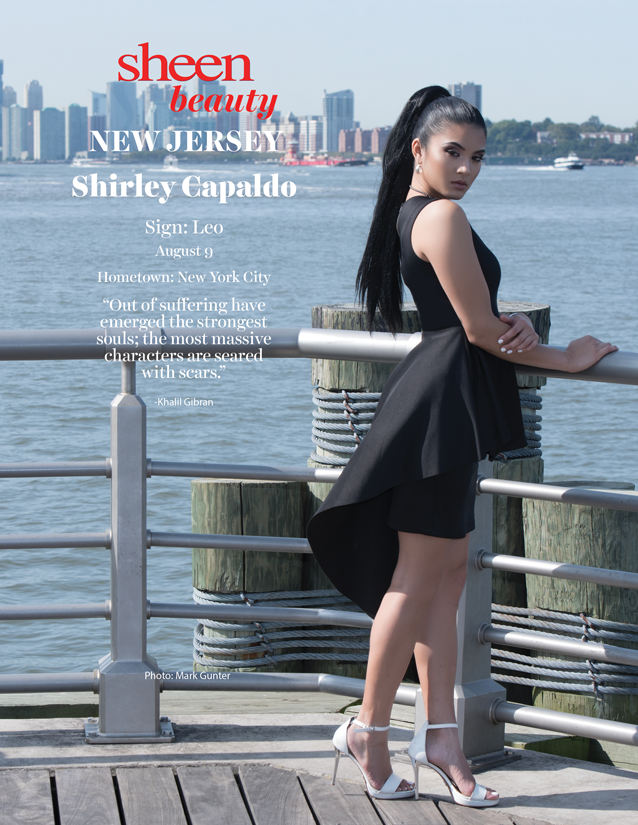


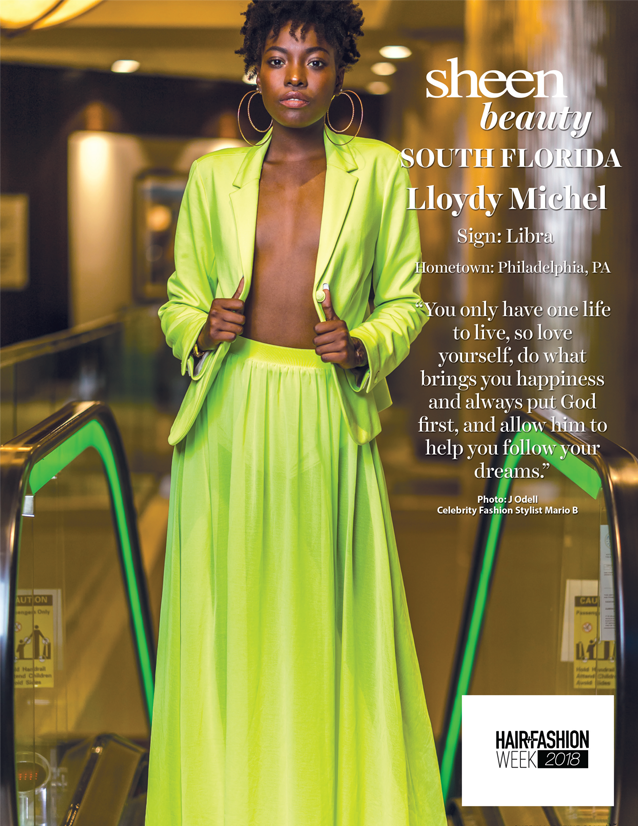
Add Comment